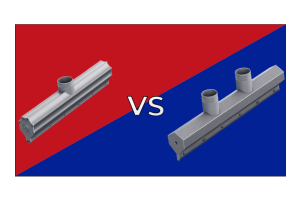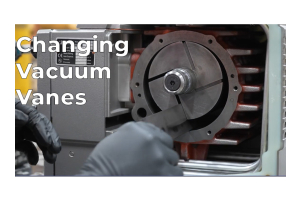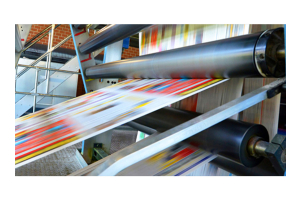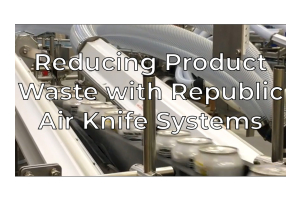Regenerative Blower Innovation after Decades of Stagnation
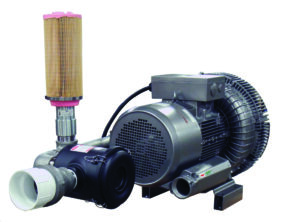
Republic Manufacturing is proud to announce the first innovation for regenerative blower technology in decades, providing a cooler, longer-lasting blower.
After decades of viewing all regenerative blowers as equal, Republic Manufacturing found a way to improve the product line resulting in longer bearing life and fewer failures. I sat down with Republic CEO Zach Goff to further explain the changes in design and their effects.
Q: How did you know that there was a problem with the previous design of the blowers?
A: At Republic, we not only manufacture but also repair blowers. We track each cause of failure and found that the most common failure was caused by the outboard bearing of the larger two-stage regenerative blowers.


Q: What design changes were made to the blowers?
A: The most obvious design change is the repositioning of the inlet and outlet. This essentially swaps the compression stages by moving the second-stage compression air which gets hot away from the outboard bearing. We also relocated the outboard bearing outside of the compression-stage casting and added a gap between the two stages.
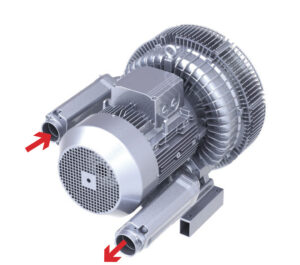

Q: What are the results of these changes?
A: These changes decreased the temperature of the bearing. Lower bearing temperature results in longer bearing life for increased durability and endurance of the entire blower. Instead of the heat transferring from the hot stage into the cool stage, we now have this gap that allows the hot air to vent to atmosphere.
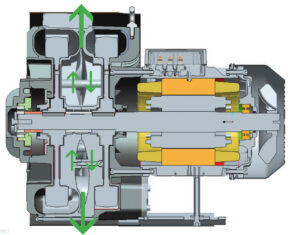

Q: How much cooler is the air, and why does that matter?
A: Our internal testing showed the outboard bearing temperature dropped by was 35°F. What I thought for years was that when you had a maximum temperature on grease, let’s say that’s 230°F, I thought the grease was just good up to 230°. That’s not actually the case. As you get closer to that maximum temperature, the grease life decreases exponentially. So, you can drop the temperature by 35° and increase your grease life by up to four times.
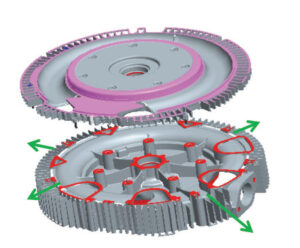

Q: Do these changes have any effect on blower performance?
A: There is no change to the pressure or flow on the blowers as a result of these changes.
Q: What other changes do you have in store for future blowers?
A: We are always looking to innovate. We have some exciting products coming out of our R&D department, and you can be sure you’ll hear about them when they are read


